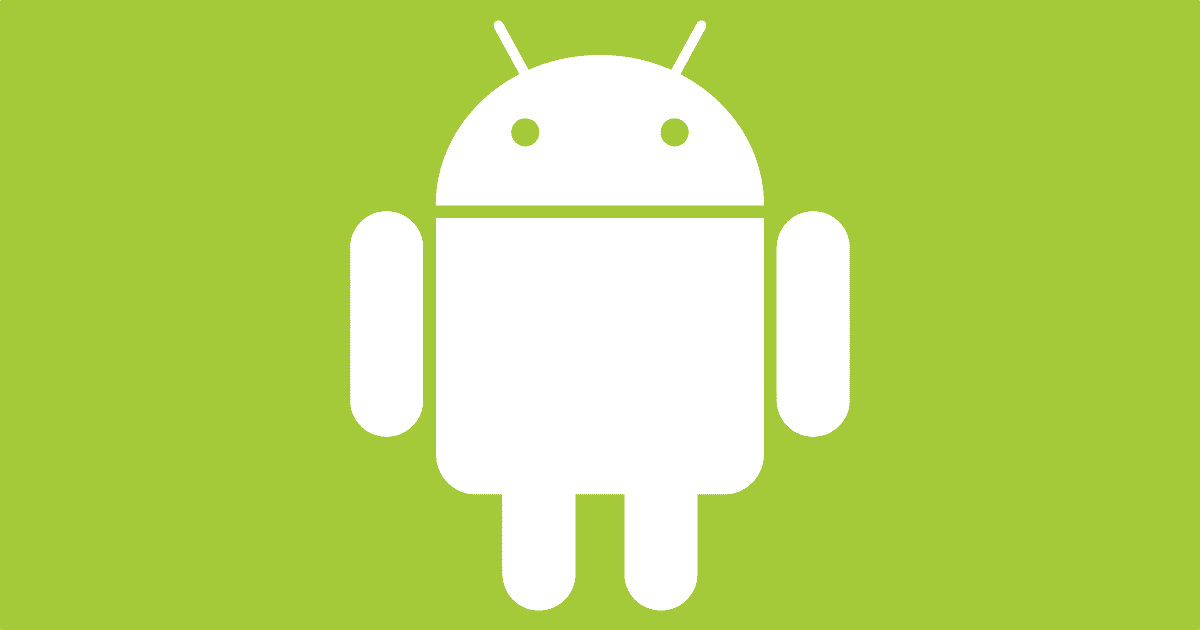Writer Nicole Lee is happy with iOS 14 features that are similar to Android, like widgets, default apps, and App Library. And she wants more of that.
But for me, the real star of iOS 14 is not quite so obvious (It’s so low-key that Apple didn’t mention it at its WWDC keynote). It’s the fact that, at long last, iOS now lets you pick your own default email and browser apps. This one feature, more than any other, is what I feel is a key factor in preventing me from switching to Android. That’s because, as an iOS user, it is not Android that I find attractive — it’s Google.
I’m trying to wrap my head around this argument. I don’t want to be one of those people who say, “If you’re not happy with iOS, then switch to Android.” But it doesn’t make sense to me that setting default apps would stop her from switching, considering Android had that all along. She goes on to say that she hasn’t bothered with iOS 14 widgets and that Android widgets don’t appeal to her. Okay, don’t use them?? Just like you’re not using iOS 14 widgets?? There’s more I have to say but this is running up against the length limitation of our Linked Teasers. Go read.
Check It Out: iOS 14 vs Android, App Library, Widgets, and Default Apps

Andrew:
As the author says, Google is the world in which she lives. That’s not uncommon. For many people, Google is the world into which they are introduced in grade school, given gmail accounts, etc. My son, for example, still uses his gmail account that he got in secondary school, and prefers Chrome, despite the fact that he is an otherwise happy Apple client with no interest in switching to another platform. He, like most of his cohort, have no worries about Google collecting his data anymore than he is about FB doing the same, and is resigned to this being the norm, the bargain one makes for social media access. As I’ve argued before, it will likely take a major scandal resulting in a deep seated sense of betrayal for his generation to demand a change in that relationship, unless his father’s generation can succeed in forcing that change first (working on it).
The other sentiment that I think the author is expressing is one not uncommon in the Apple community, namely that of personalisation and tinkering. Many of the complaints and gripes that are aired even here at TMO have to do with personal preferences by members that are not necessarily universal or even in popular demand, but are nonetheless vocally expressed. Amongst these is the desire to side-load apps from non-Apple sources. These tendencies have resulted in a ‘jailbreaking’ subculture in the community that, although lessening, occasionally gains attention when something (usually security) goes south.
These varied interests (I think ‘fissures’ is too strong a word, as it implies active disagreement, whereas I think these are more like user-specific interests that are not commonly shared), commingled with the current piling on by developers and competitors to break Apple’s control over their App Store and entertainment services (Apple Music), are putting pressure on Apple to better articulate, justify and defend their rationale for their walled garden approach, and at some point, will become battle in which the Apple user community, on whatever side of that contest, will have to engage.
The writer finds Google attractive? She wants MORE integration with the data sucking monster?
That was when I stopped reading the article. Clearly they have no idea what the word security means.